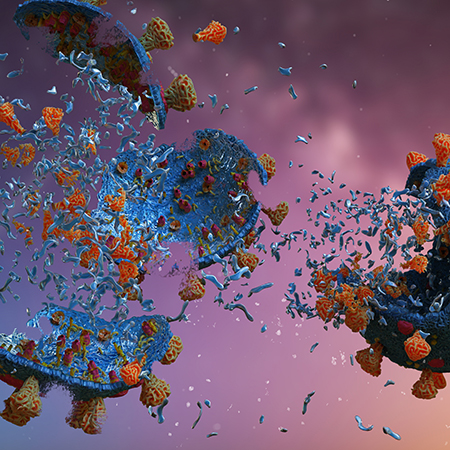"If we fail to act on antimicrobial resistance, modern medicine as we know it can cease to exist."
This was the warning of Health and Social Care Secretary, Matt Hancock, speaking at the United Nations high-level interactive dialogue on antimicrobial resistance (AMR) last month (April).
The Health Secretary recognised what he called "the power and ingenuity of science and modern medicine" in developing rapid solutions to treat COVID-19, even when so little was known about the disease.
"The silent pandemic of AMR could have consequences far more deadly than COVID.
In my view, it’s an existential threat as great as climate change."
The World Health Organization (WHO) has already described AMR as one of the top 10 global public health threats facing humanity.
Matt Hancock called for governments around the world to recognise the threat of AMR and act now, pledging that the UK would do just that.
He also insisted we need better practice around the use of antibiotics for people and animals and new antibiotics. We need to make sure the supply chain is safe and shared, with shared global standards and think about the One Health interactions between humans, animals and the environment.
The UK has presidency of the G7 this year and the Health Secretary stated his determination to bring partners together "and take bold new steps on AMR."
The Fleming Fund is already helping 24 countries to develop their surveillance and systems for infection and AMR. The Government recently announced an additional £1.3 million of UK investment to the tripartite multi-partner trust fund on AMR. "We’re looking forward to working with any partner who shares our desire for ever more creative ways of addressing the threat of AMR."
In particular, AMR needs to be at the heart of the conversations at the upcoming COP26 and UN Food Systems summits.











